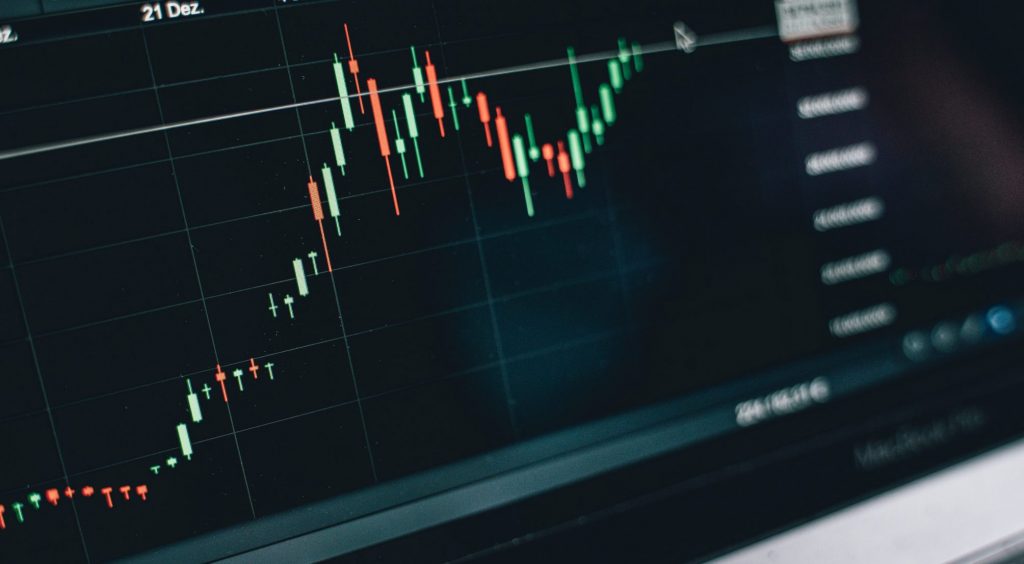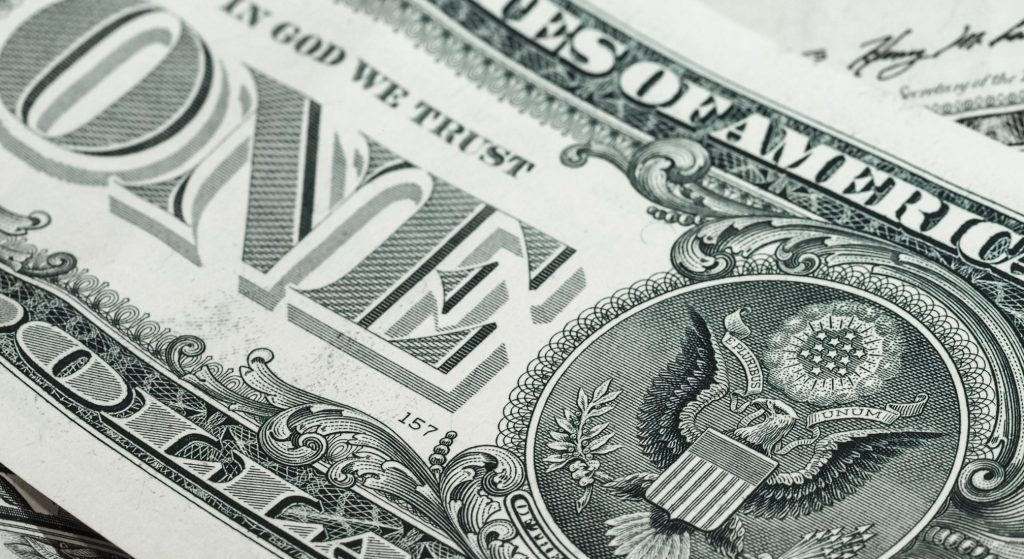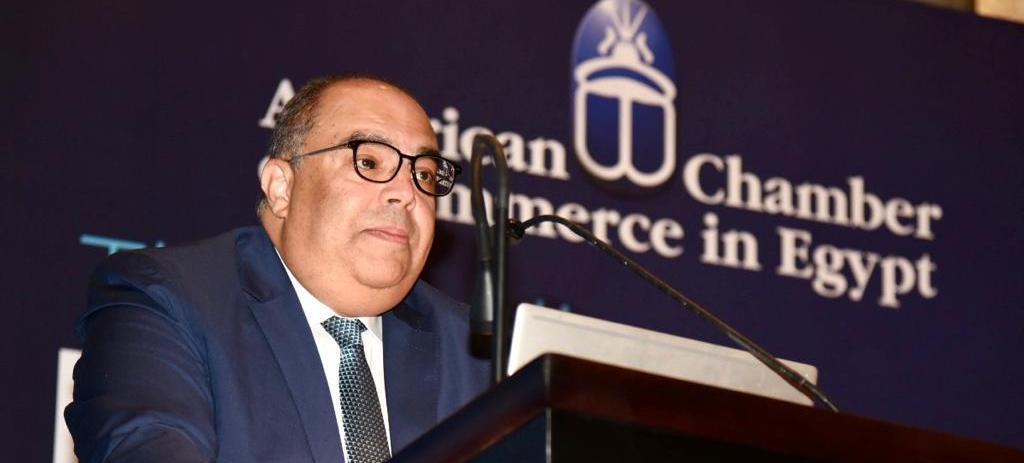The Monetary Policy Committee (MPC) of the Central Bank of Egypt (CBE) is scheduled to convene on Thursday to review the key interest rates, a few days after the announcement of the approval of Egypt’s new 46-month economic reform program loan deal backed by the International Monetary Fund. The meeting is the final in 2022.
On Friday, the IMF’s executive board greenlighted a $3 billion loan for Egypt under the Extended Fund Facility (EFF) with an immediate disbursement of $347 million as the first tranche of the loan program that is scheduled to complete by FY2025/2026.
MPC decides on the key interest rates in light of the latest economic developments on the global and local levels, particularly the inflation rate trends. The meeting comes amid expectations that the committee will raise the rates by up to 2%, or 200 basis points, in response to the ongoing elevating inflation rates. Also, the projections assume that CBE could deliver further floatation of the Egyptian pound.
Previous hikes
CBE hiked the key interest rates four times since March by a total of 5% or 500 basis points to stand at to reach 13.25%, 14.25%, 13.75%, and 13.57% for the overnight deposit rate, the overnight lending rate, the rate of the main operation, and the discount rate, respectively.
Speaking to Business Monthly, a banking expert and the CEO of Alraya Consulting Hany Abou-El-Fotouh expects the CBE to maintain its monetary policy tightening by hiking the interest rates by 2% in a bid to contain the accelerating inflation, which hit its highest in five years during November to register 19.2%.
“The CBE could also raise the rates in order to attract more foreign currency inflows amid the shortage of the hard currency that Egyptian market has been experiencing driven by the repercussions of the Russian-Ukrainian conflict,” according to Abo-El-Fotouh.
As per the latest figures announced by Prime Minister Mostafa Madbouly, some $25 billion in indirect foreign investment fled the local market since the onset of the war in Ukraine in March, mainly as a result of the unstable global financial and capital markets.
Abo-El-Fotouh also projected CBE to further devaluate the Egyptian pound against the US dollar, explaining that the devaluation that the CBE has applied since March has not managed to support the local currency, especially with a vigorous black (unofficial) market where the US dollar price hit EGP 30, while it is traded at about EGP 23.61 in major banks.
Egypt has depreciated the Egyptian pound against the US dollar by over 50% since March, in an attempt to bring back the inflation rates to the CBE’s preannounced target of 7% (±2%) on average through the fourth quarter of 2022 to ensure price stability in the local market over the medium term.
“The Egyptian market is currently witnessing a significant shortage of US dollars that heavily affects import inflows,” Abo-El-Fotouh said. He noted that despite Egypt’s response to the IMF’s measure of applying a flexible exchange rate, the action was not effective enough.
Adopting such an action requires the availability of hard currency reserves, he asserted.
Going forward, Abo-El-Fotouh expects the CBE to further depreciate the Egyptian pound by 15 %-20% in 2023 to meet the new IMF-backed loan program measures.
Abo-El-Fotouh also explained that the first tranche of the loan will have limited effect on the exchange rate in the local market, especially with the stacked commodities in seaports worth about $6 billion, in addition to the external viabilities that Egypt will repay in hard currency.
He explained that the $11 billion finances that Egypt plans to secure from regional and international partners will support Egypt’s budget to bridge its financing gap, which is estimated at $16 billion.
Supply shock
On the other hand, Economist and Former Macro-Economic Analyst at Prime Holding, Mona Bedair, predicts the CBE to maintain its current interest rates.
“CBE has already tightened its policy when it took its hand off the low-interest initiatives that lift a significant burden regarding the financing of these initiatives,” she said.
“The local market is experiencing a supply shock, increasing import costs, shortage of commodities and raw materials, besides the buildup of the debt costs and the increasing liabilities of the public budget as a result of the social protection support packages and the increasing prices. All these factors make the local market unable to bear an interest rates hike at the present time,” Bedair explained to Business Monthly.
In November, CBE called off its low-interest initiatives for the private sector in the industry, agriculture, and construction fields, handing off the responsibility to the Ministry of Finance.
Bedair also added that raising the interest rates in Thursday’s meeting will not benefit the local currency as well, as extending a new rise will trigger speculations and will shock the market further.







